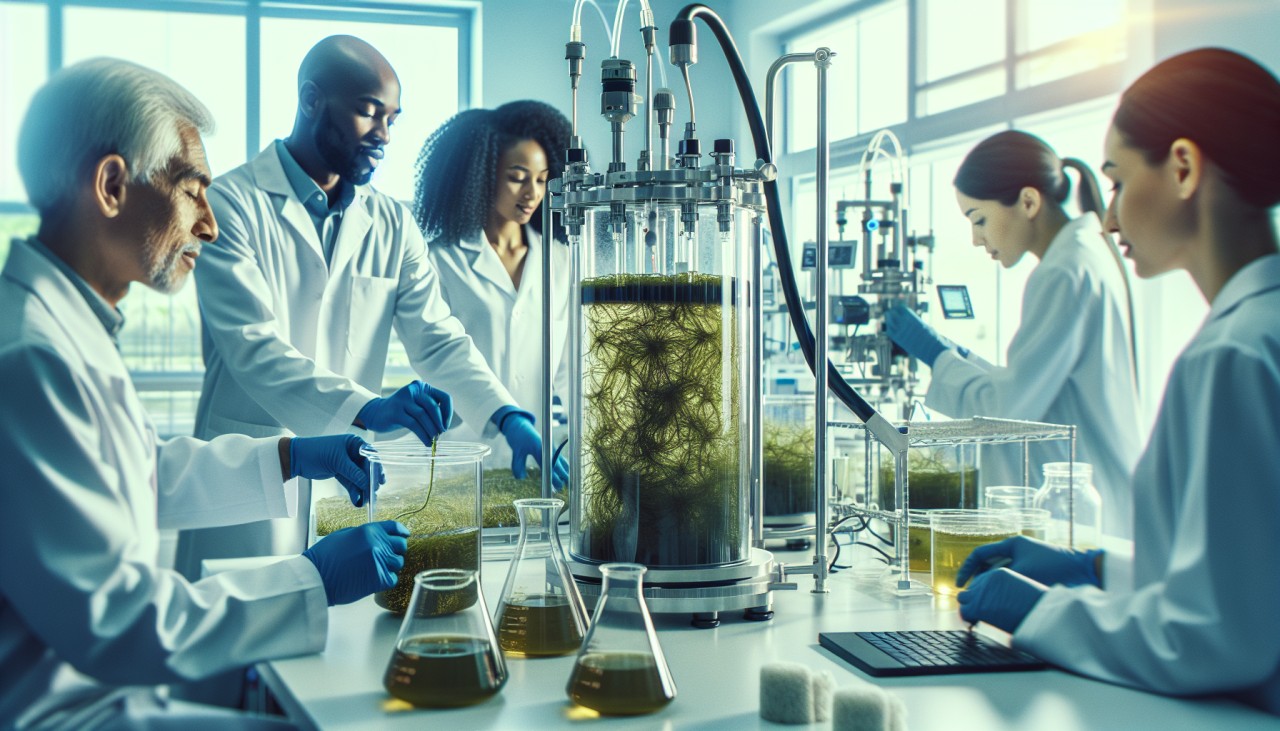Algae biofuel has long been hailed as a promising alternative to fossil fuels, but challenges in efficiency and cost have hindered its widespread adoption. Recent developments, however, are turning the tide. Engineers at the University of Utah have introduced a rapid method to extract lipids from algae using a specially designed jet mixer. This innovation significantly reduces the energy required for lipid extraction, a process that previously consumed more energy than it produced. By streamlining this step, the team has made algae biofuel production more efficient and closer to achieving energy parity. unews.utah.edu
In another significant advancement, researchers at the University at Buffalo are employing polyculture farming and artificial intelligence to enhance algae cultivation for biofuels. By growing multiple algae species together, they aim to prevent the complete loss of biomass due to pest infestations, a common issue in monocultures. Additionally, AI models predict optimal conditions for algae growth, further improving yield and consistency. These combined efforts are making algae biofuel production more reliable and cost-effective, moving us closer to sustainable energy solutions. buffalo.edu
Key Takeaways
- University of Utah engineers developed a rapid lipid extraction method, reducing energy consumption.
- Polyculture farming and AI at the University at Buffalo enhance algae cultivation efficiency.
- These innovations make algae biofuel production more sustainable and cost-effective.
